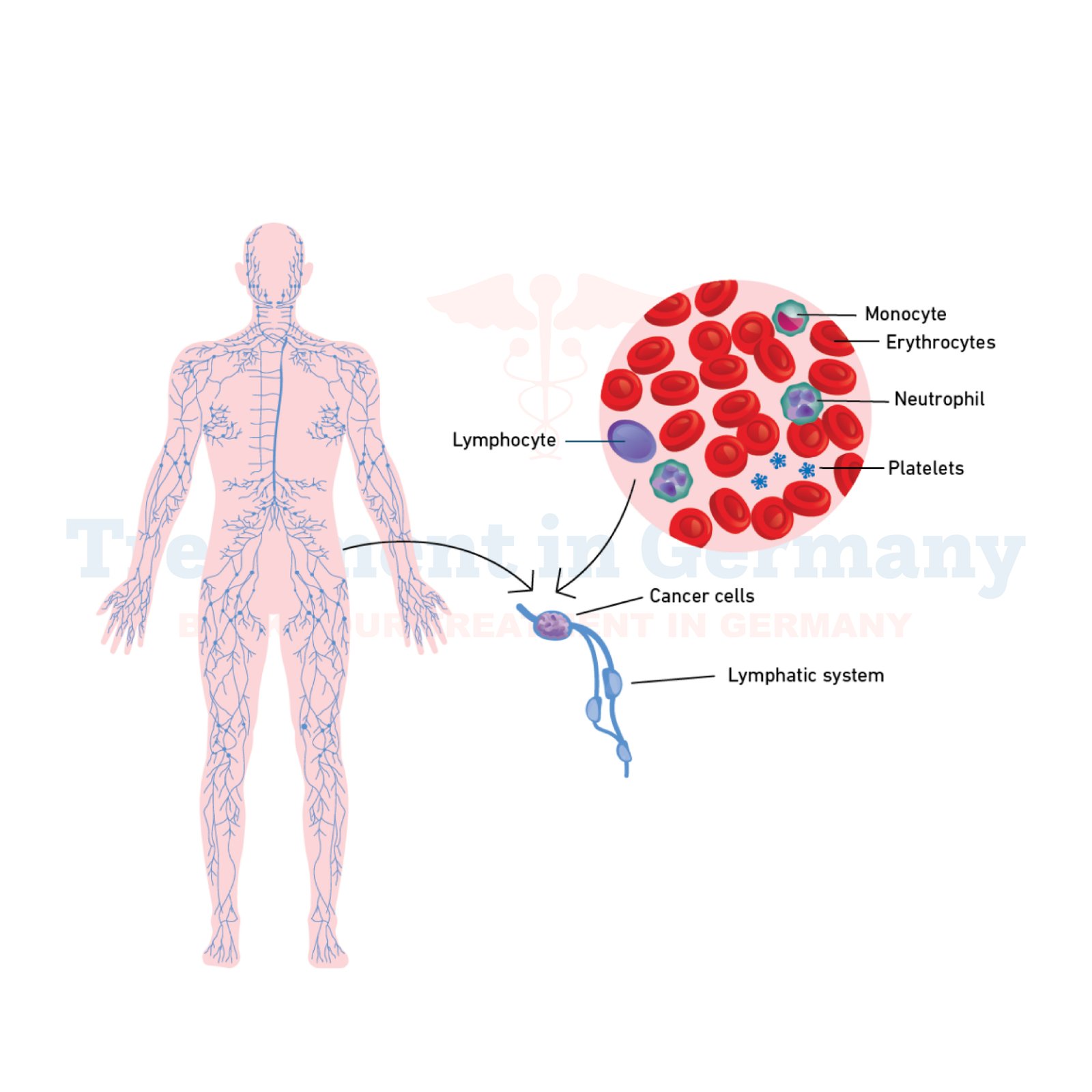What is Malignant Lymphoma?
Malignant lymphoma, commonly known as lymphoma, is a type of cancer that originates in the lymphatic system, which is a crucial part of the body's immune system. Lymphoma occurs when abnormal lymphocytes, a type of white blood cell, multiply uncontrollably.
These abnormal cells can form tumors in the lymph nodes or other parts of the body where lymphatic tissue is found, such as the spleen, bone marrow, or thymus gland. There are two main types of lymphoma: Hodgkin lymphoma and non-Hodgkin lymphoma, each with different subtypes and characteristics.
Side Effects of Malignant Lymphoma
The symptoms of malignant lymphoma can vary depending on the type and stage of the disease. Common symptoms may include swollen lymph nodes, fever, night sweats, unexplained weight loss, fatigue, and itching.
As the disease progresses, it can also lead to complications such as anemia, infections, and organ dysfunction. The side effects of lymphoma and its treatment can significantly impact a patient's quality of life, underscoring the importance of timely diagnosis and appropriate management.
How is Malignant Lymphoma Diagnosed?
Diagnosing malignant lymphoma typically involves a series of tests and procedures to confirm the presence of the disease and determine its type and stage. These may include physical examinations, blood tests, imaging studies such as CT scans or PET scans, and biopsy, where a sample of tissue is removed for analysis.
Additionally, advanced molecular and genetic tests may be performed to provide further insights into the characteristics of the lymphoma cells, helping to guide treatment decisions.
Potential Treatments of Malignant Lymphoma
Treatment for malignant lymphoma depends on several factors, including the type and stage of the disease, as well as the patient's overall health and preferences. Common treatment modalities may include chemotherapy, radiation therapy, immunotherapy, targeted therapy, and stem cell transplantation.
In some cases, a combination of these approaches may be used to achieve the best possible outcome. The goal of treatment is often to eliminate the cancerous cells, control the disease, and improve the patient's quality of life.
With advances in medical research and personalized medicine, there are continually evolving treatment options available for patients with malignant lymphoma.
👉 Contact us for further information and receive acomplimentary consultation.


.webp)
 (1).webp)

.webp)
 (1).webp)


.webp)
 (1).webp)

.webp)
 (1).webp)
